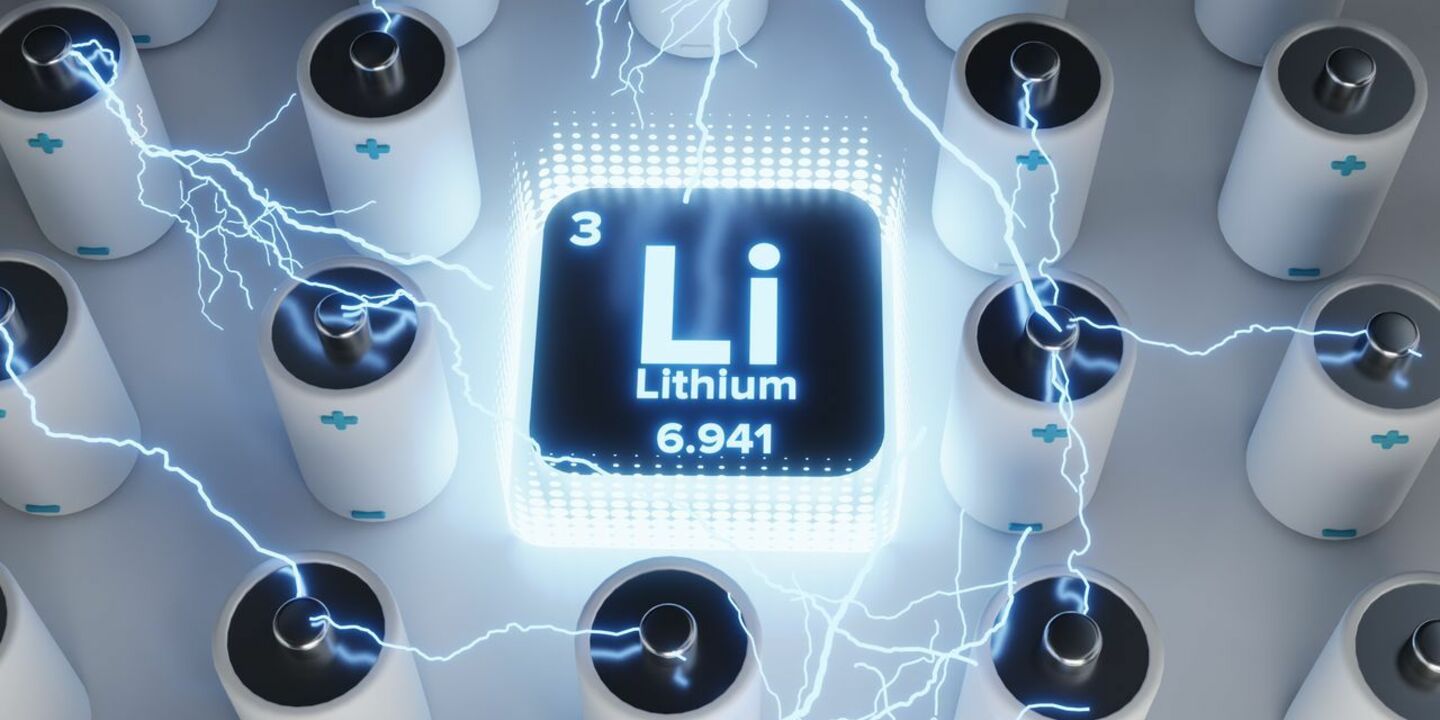Seawater can grow to be a giant supply of lithium. It is believed, in accordance to knowledge from the International Agency forelectrical power, that seas and oceans keep 230 billion tons of lithium, but in very dilute kind (1.8 mg for every liter). Being able to extract it and exploit it would remedy the issue of the availability of this alkali steel crucial for our batteries, and as a result for electric automobiles. The universities of Chicago and Stanford may have the answer.
Deposits and brine
Now, lithium is predominantly mined underground in Argentina, Australia, Bolivia, Chile and China. There are also significant deposits in Portugal and Ukraine, but their exploitation collides with environmental (Portugal) and geopolitical (Ukraine) troubles. There are also methods for evaporation from open up drinking water basins (in Nevada, for case in point) and for lithium extraction from groundwater brine (in Alsace in distinct). And why not sea water yet again? Mainly because till now the options were not lucrative or effective. Filtering sea water can take time. And trapping lithium on the electrodes wasn’t very convincing at the minute, mainly because it also attracted sodium (which could also be used in batteries).
Solution using electrodes
Nonetheless, the use of electrodes may perhaps quickly work many thanks to the new job in the United States. College of Chicago scientists sophisticated on the query of activating an electric powered recent that demarcates lithium ions. These are then set on an electrode right before currently being recovered. They comprehensive the do the job of Stanford University in California. Its elements professionals examine various electrode resources in order to detect the most selective types. They are also performing on a rapid alter in the way of the electric powered present-day. The system? A 10 next cycle of negative voltage, then 1 second off, then 10 seconds of optimistic voltage. And so on.
–


